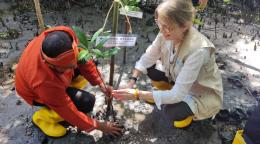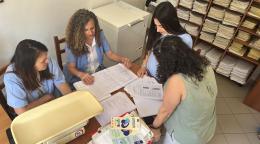Brazil and the UN: Partnering for a Transformative COP30
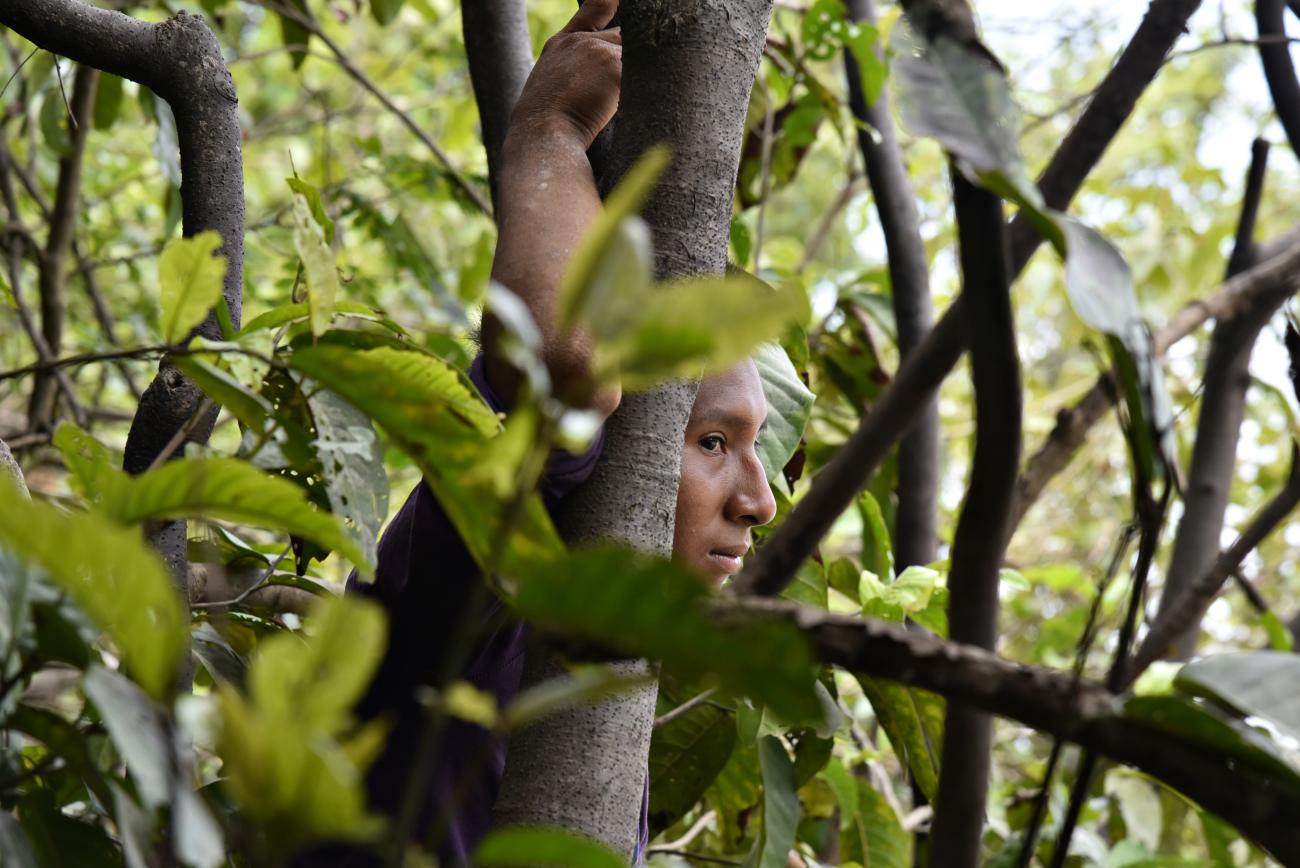
As the world embarks on COP30 in Belém, the United Nations stands alongside Brazil to turn climate ambition into inclusive and lasting action.
Brazil is taking centre stage in global climate diplomacy as it hosts the 30th United Nations Climate Change Conference (COP30) in Belém, in the heart of the Amazon. As a leader in discussions on the environment since the birth of the United Nations Framework Convention on Climate Change in 1992 in Rio de Janeiro, Brazil has been a first mover and an ally to nations around the world. This time around, the country is committed to ensuring that COP30 will be a defining opportunity to bring global commitments closer to the daily realities of those most affected by the climate crisis.
For decades, Brazil has shown that protecting the environment and promoting development need not be at odds. As President Lula observed in his speech last week at the Leaders Summit, “Extremist forces fabricate falsehoods to gain electoral advantage and trap future generations in an outdated model that perpetuates social and economic inequality and environmental degradation”. From its pioneering energy mix, with 88 per cent of the electric grid powered by renewable sources, to its innovative social inclusion programmes, Brazil has been a powerful and vocal advocate for climate resilience, sustainable development and global solidarity.
The United Nations has been walking hand in hand with this leadership on this journey. Together with the Government of Brazil, the UN is working to ensure increased ambition at COP30, delivering on the goals of the Paris Agreement and the SDGs, making the conference not only a moment for negotiation but also for transformation.
Turning Ambition to Action
Under the larger leadership of my Office, the UN team is providing comprehensive support to the Brazilian Government across various fronts to ensure a successful outcome.
Brazil was one of the first countries to present its latest Nationally Determined Contribution (NDC), which was supported by the UN and set the example for other member states to share their commitments. The defining element of this commitment is the shift to higher, absolute emissions reduction targets for 2030 and 2035, and a stronger alignment with the Paris Agreement's 1.5°C goal. Collaborative initiatives between the UN and Brazil, such as the Global Alliance against Hunger and Poverty and the Global Initiative for the Integrity of Information on Climate Change, which involve several UN agencies, are ensuring these commitments beyond paper to tangible policy change for communities.
Working closely with the Government, the UN has helped carry the message of urgent climate action and COP30 to diverse national audiences. A joint campaign, carried out by UN Brazil digital channels, the UN Environment Programme (UNEP), Office of the United Nations High Commissioner for Human Rights (OHCHR), International Organization for Migration (IOM), and the official COP30 accounts, helped shift the discussions from logistical challenges to what really matters: our lives, our future, our planet.
UN local teams are also collaborating with the Ministry of Environment and Climate Change on the Global Ethical Stocktake, contributing to the assessment of collective progress on climate action. The six regional dialogues held and the numerous self-organized dialogues highlighted crucial elements for climate action, including the centrality of people and communities, financial justice and a just transition. The initiative also positioned Brazil and the UN at the forefront of the fight against climate disinformation, a critical point for climate debates. In parallel, another key initiative, called Maloca, is helping make COP30 more inclusive through a remote participation platform that connects people around the world to Belém.
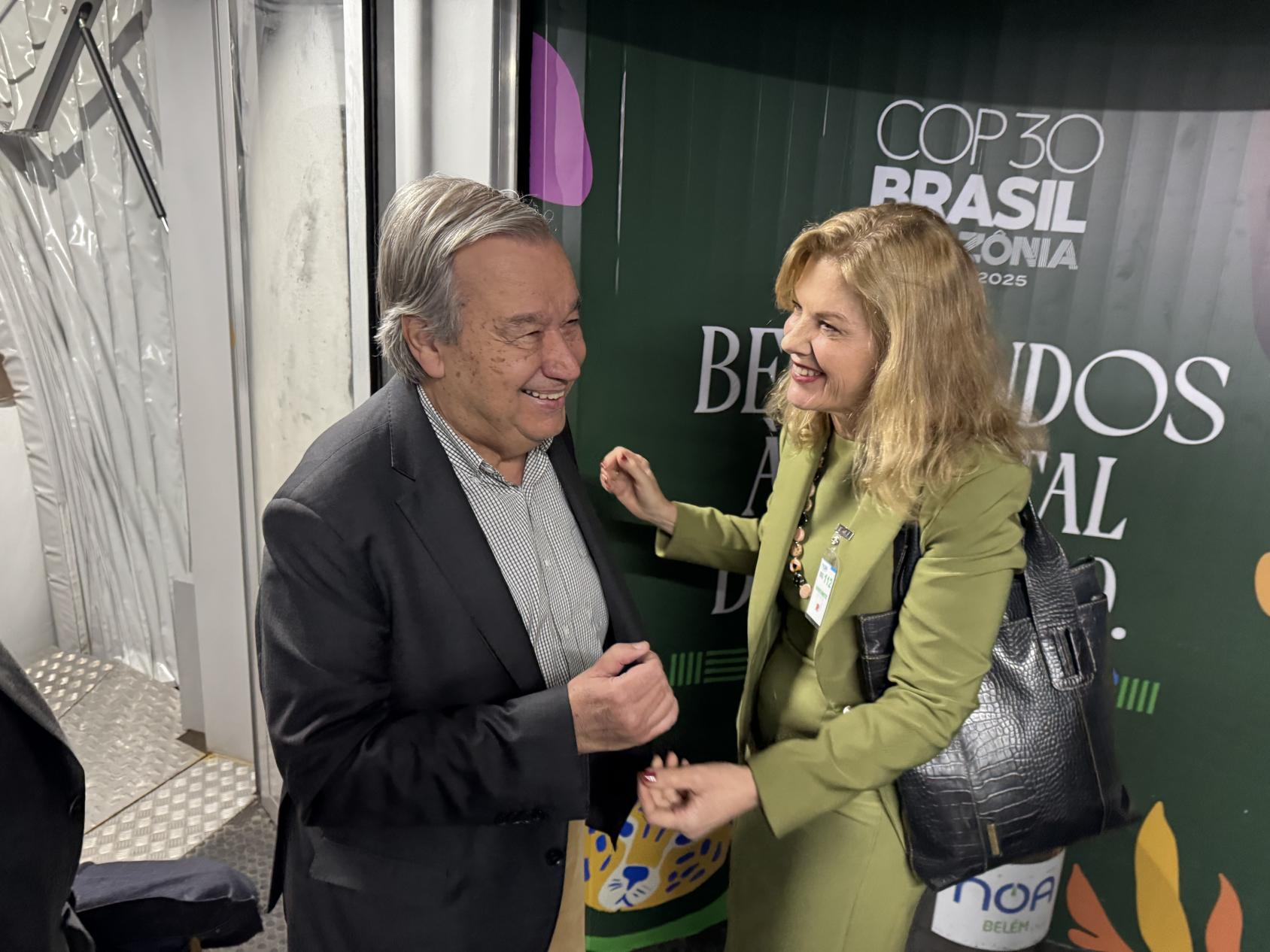
Connecting Climate, Nature, and Development
Formulating a good NDC is a great start. Effective Implementation is critical. Across Brazil, the UN system is currently implementing 33 programmes focused on SDG 13 – Climate Action, with a shared vision: that the response to the climate crisis must advance social justice, gender equality, and inclusive growth.
Key to this has been the Brazil-UN Fund for Sustainable Development, launched in 2023 in Pará and featuring the UN Deputy Secretary-General, which exemplifies our spirit of partnership. We are working with the governments of the nine Amazonian states, as well as the federal government, to mobilise resources to reduce drivers of deforestation and strengthen community resilience.
With an initial contribution of approximately US$10 million from the Government of Canada, the Fund’s first projects are advancing integrated and regionally driven solutions for sustainable development in the Amazon. Across the entire region, a broad UN collaboration is assisting Indigenous and traditional communities through gender-responsive, locally led initiatives. In Acre, another programme is strengthening bioeconomy, land governance, and forest restoration – turning local products into value-added goods that blend ancestral knowledge with innovation.
In Maranhão and Pará, the “Land for Women” programme empowers quilombola, Indigenous, riverside, babaçu nut breaker, and rural LGBTQIA+ women with land titles, training, and access to credit. One participating woman whom I met gave a powerful testimonial: for three generations, her family has fought for their ancestral land, beginning with her grandmother, then her mother, and now her generation will finally see justice and hope.
Accomplishments like this deserve to be shared, replicated and scaled up. As COP30 approaches, the UN and its partners aim to leverage this momentum to attract new contributors and increase the Fund’s impact, showing how global cooperation can translate into tangible local benefits.
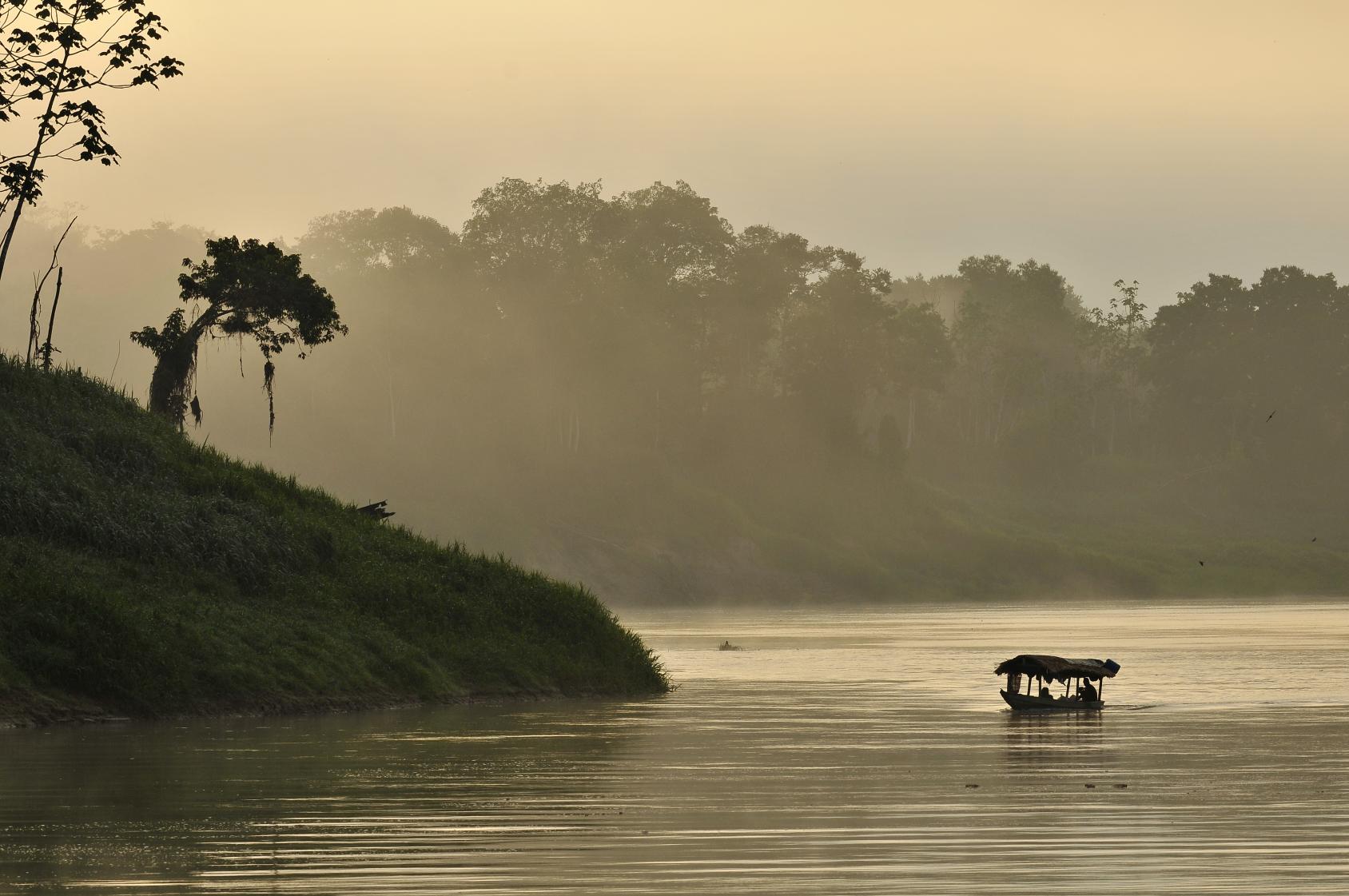
From Belém to the World: a Decade of Solutions
Belém will be more than the host city of COP30; it will be a symbol of what is possible when countries, communities, and institutions come together to protect our shared home. Last week, as I accompanied the Secretary-General António Guterres at the Leaders’ Summit ahead of COP30, I saw the overall mood in Belém was serious but hopeful. The Amazon gave the summit a sense of gravity and a reminder of what is at stake. Leaders seemed aligned on the need to move from pledges to delivery, driven by a shared belief that climate action is not only about safeguarding the planet but also about ensuring dignity, opportunity, and hope for all.
Together, from Belém to the world, we can make COP30 the turning point for a decade of climate solutions rooted in solidarity, inclusion, and shared responsibility.
Read more about the UN's work in Brazil here. Read more about COP30 here.






